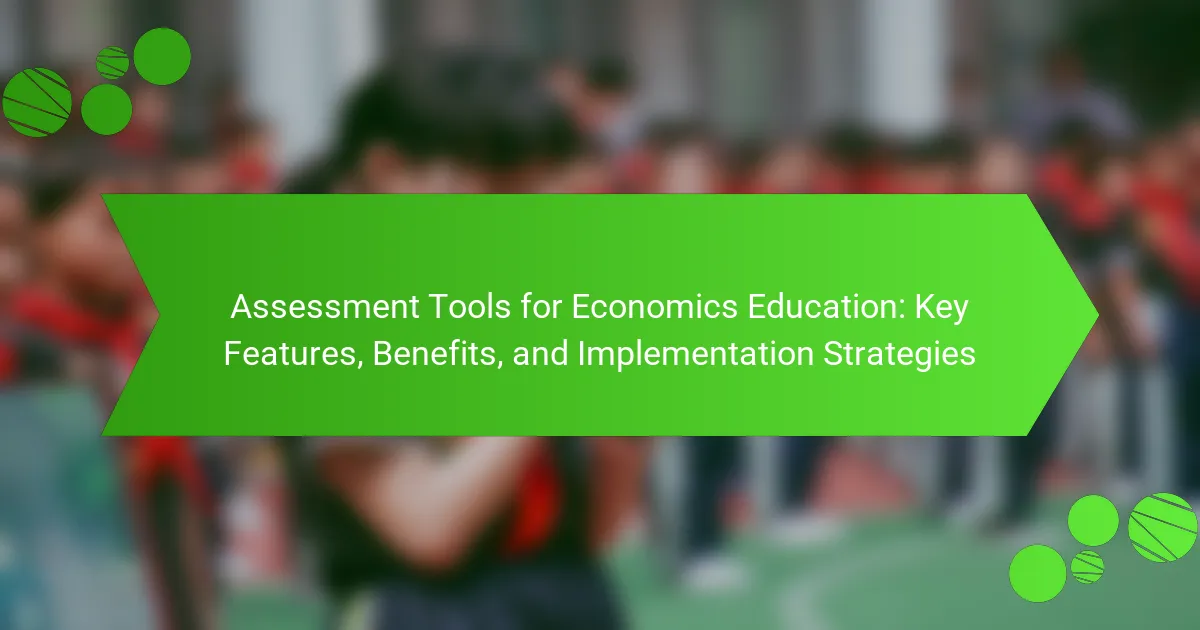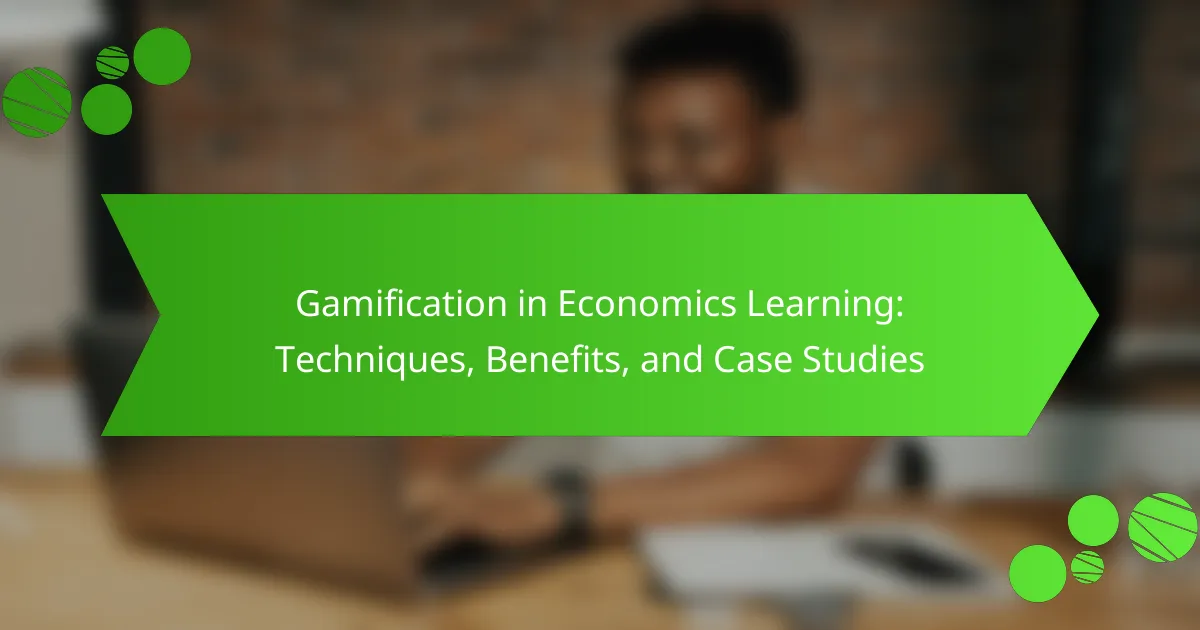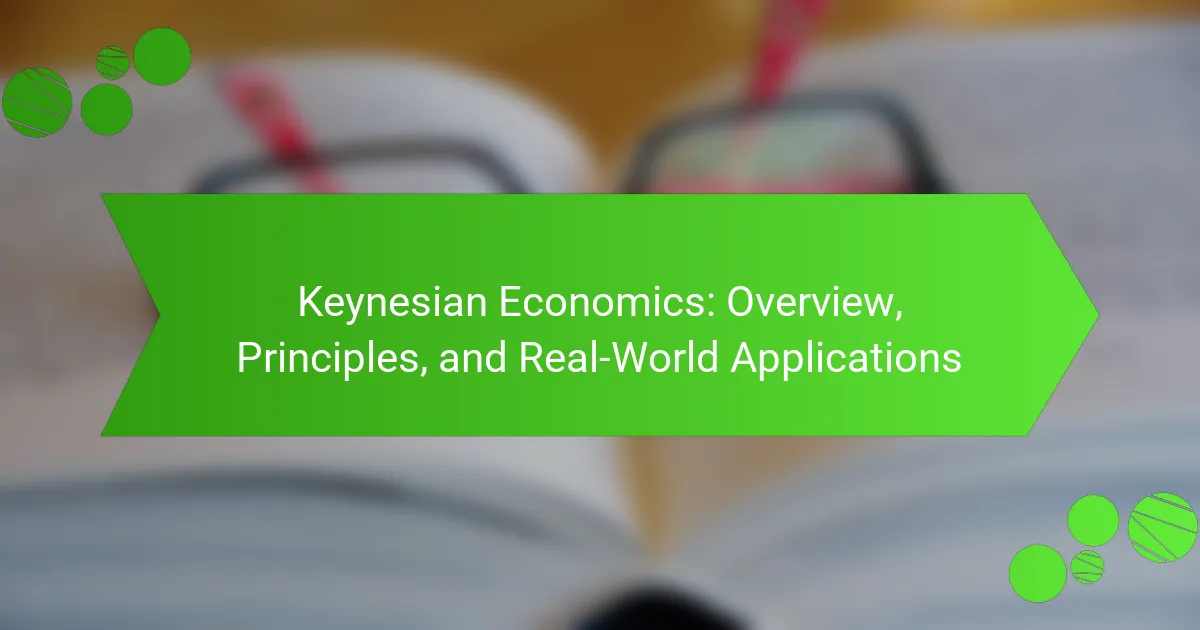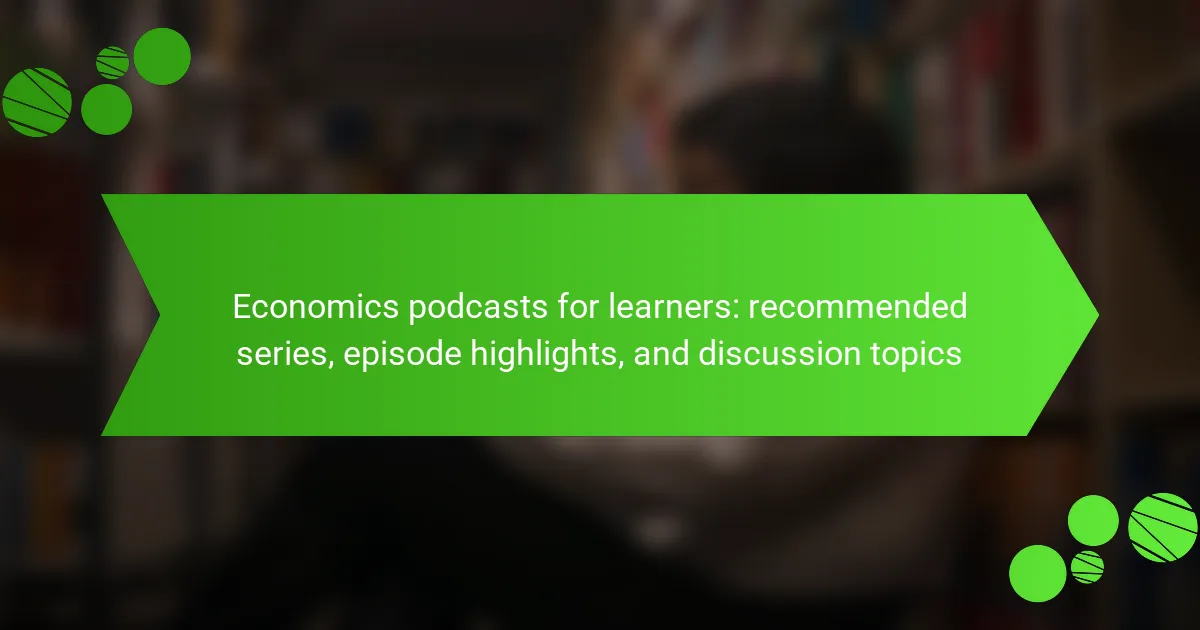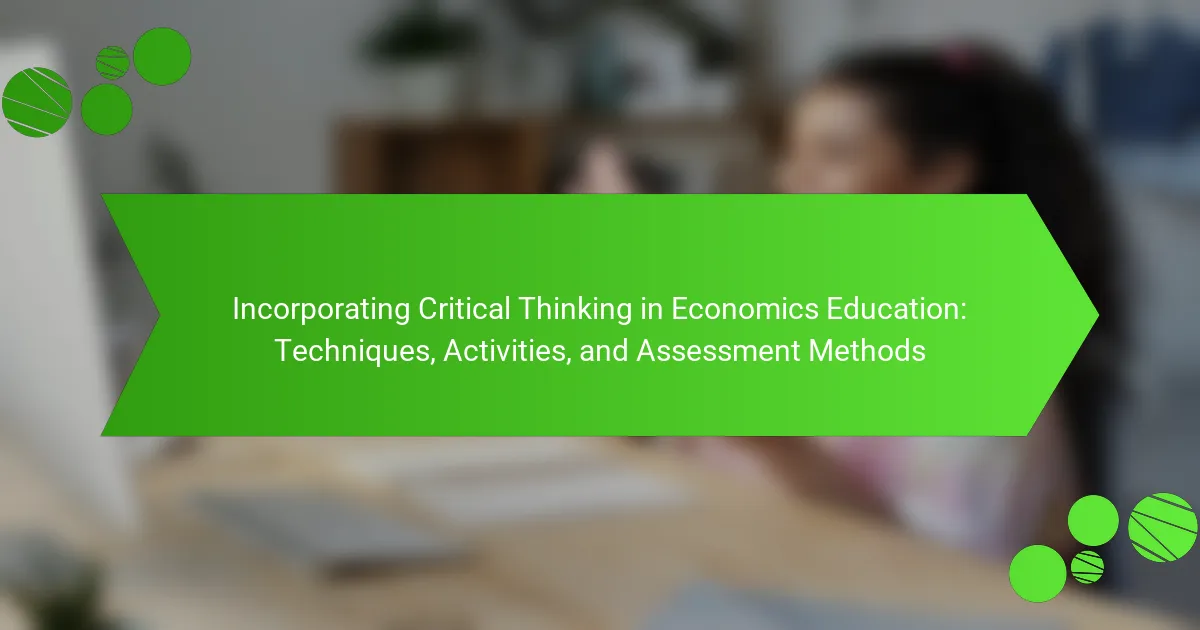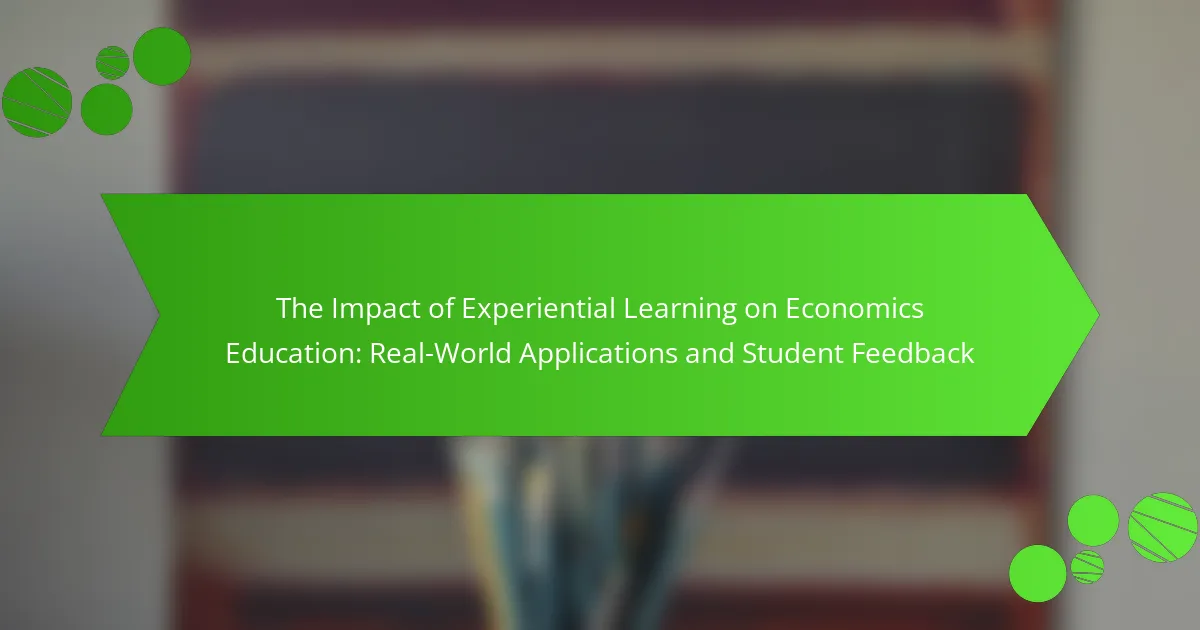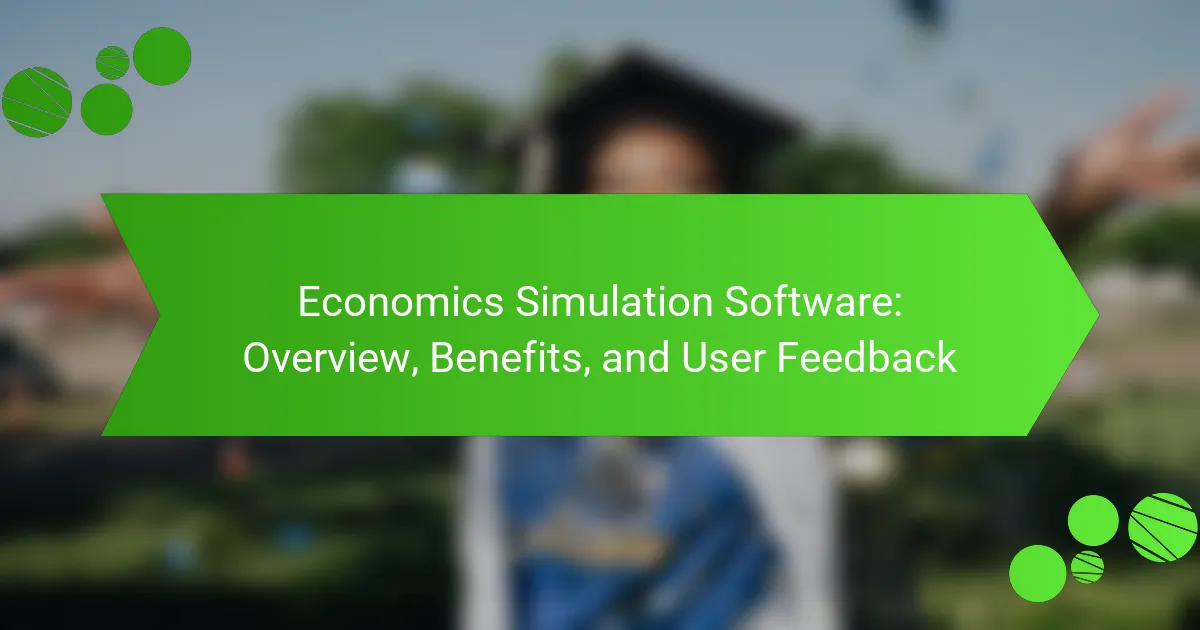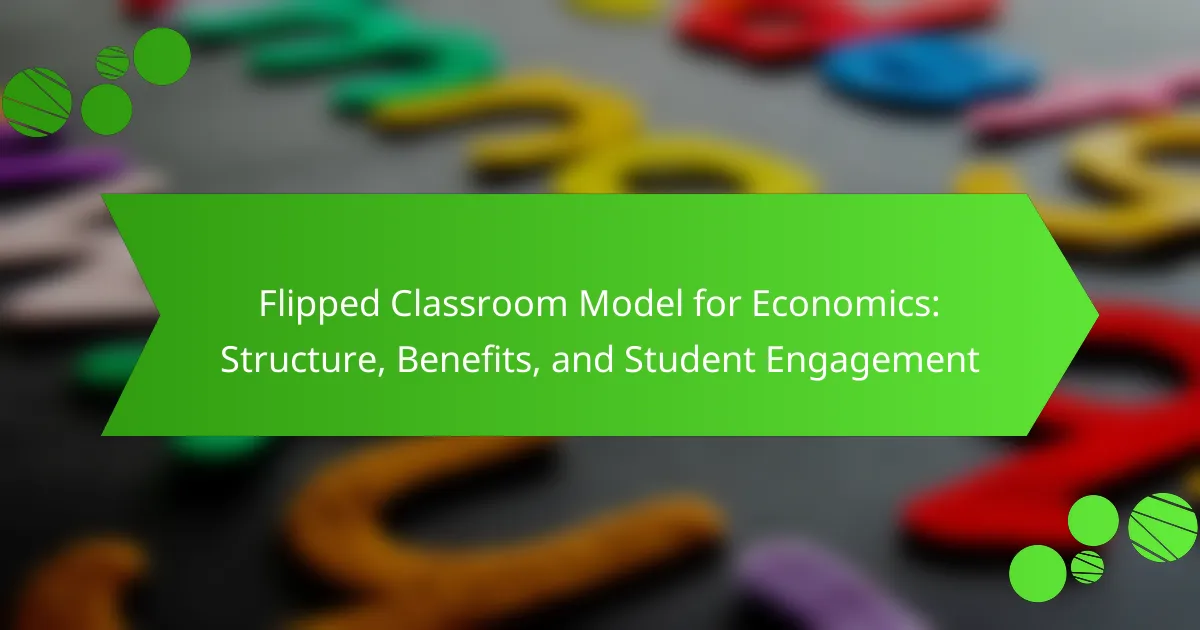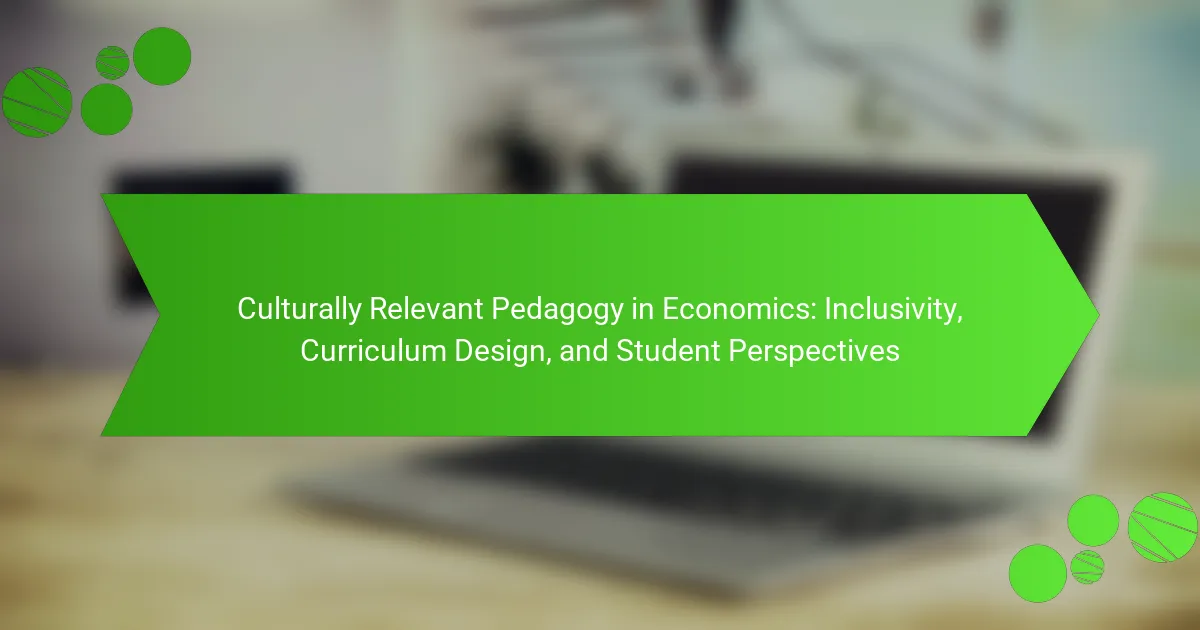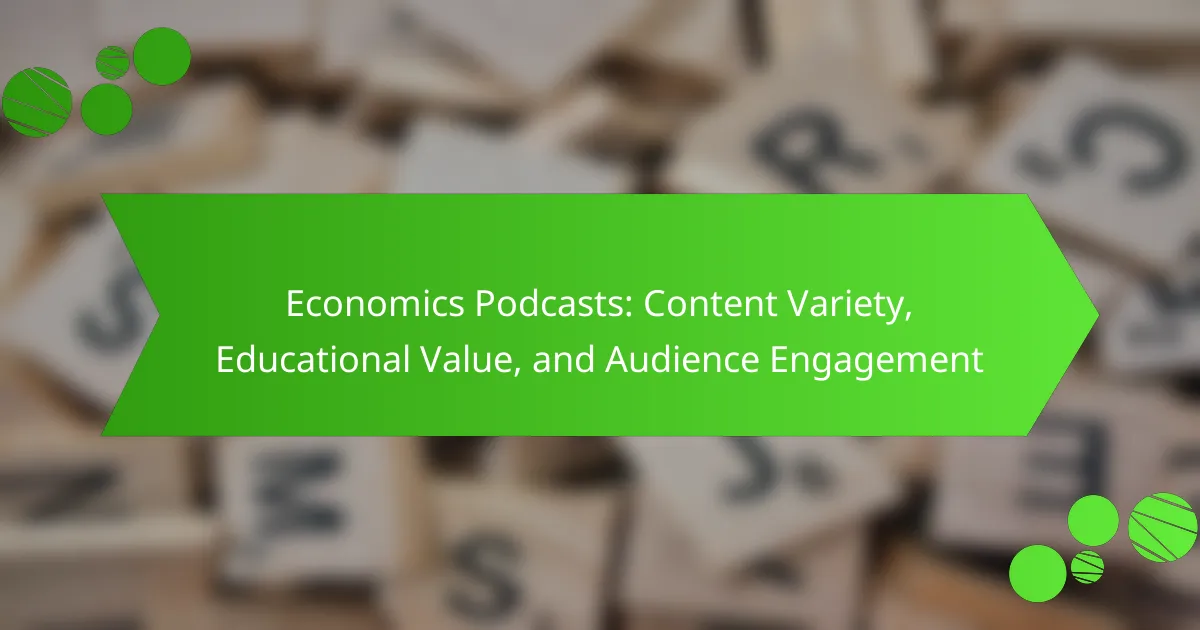
Economics Podcasts: Content Variety, Educational Value, and Audience Engagement
Economics podcasts are audio programs dedicated to exploring various topics related to economics, including market trends, economic theories, and financial news. They feature expert interviews, discussions, and educational segments that provide insights into complex economic concepts and real-world applications. The growing popularity of these podcasts, evidenced by research indicating that 41% of Americans have listened…
